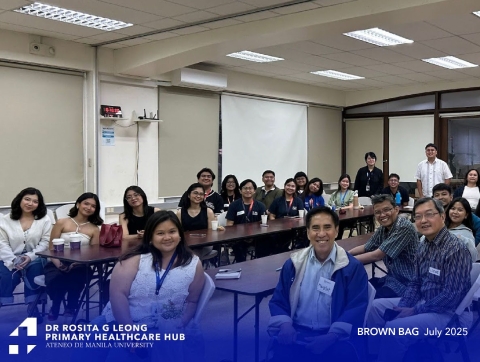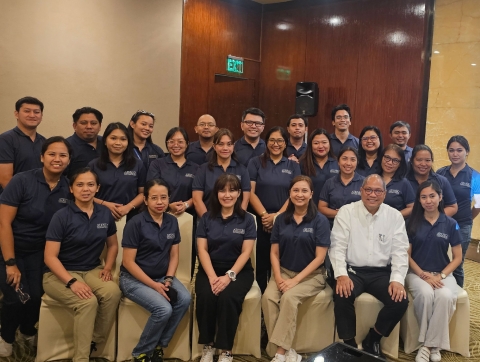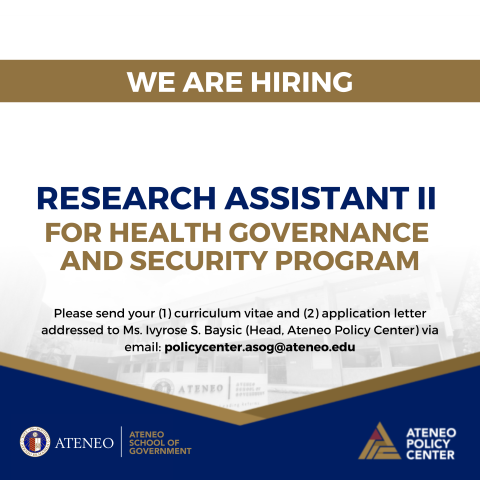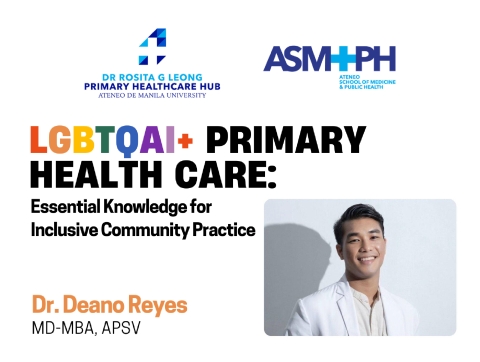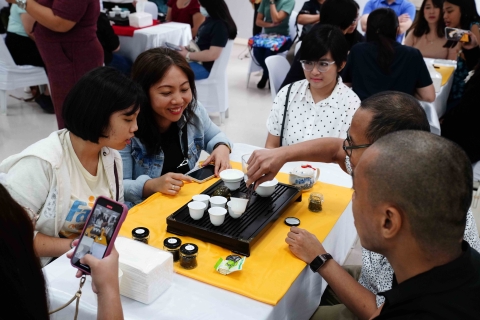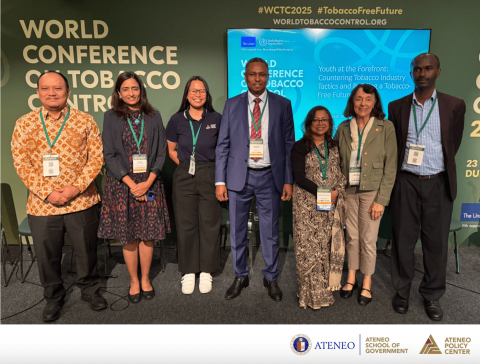Empowering the public health sector: Q&A with Doctor to the Barrio Dr Alberto Antonio Jr
01 Feb 2025
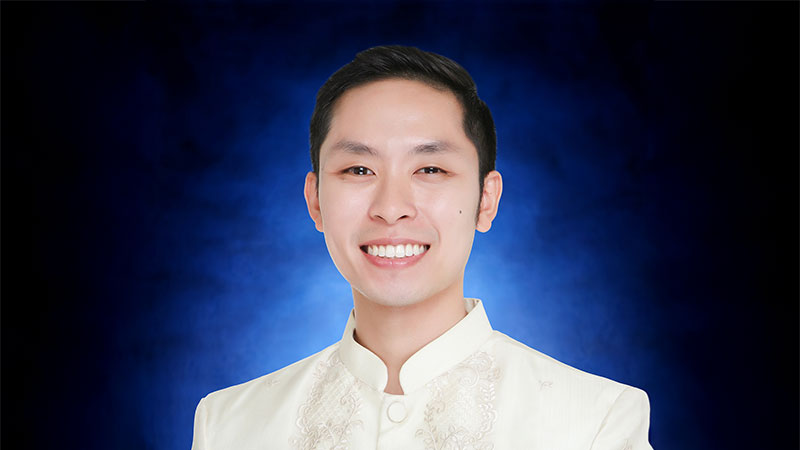
As part of this school year’s Ateneo School of Government (ASoG) Master in Public Management (MPM) roster of medalists, Doctor to the Barrio (DTTB) Dr Alberto Antonio Jr shares how his experience with the program taught him to hope again for a better country, through reformative leadership, social justice, and health equity.
How does it feel to be a medalist in this batch?
I am Alberto Antonio Jr, a Doctor to the Barrio assigned in the Municipality of Lanuza, Surigao del Sur. I graduated from the Ateneo School of Medicine and Public Health in 2020 and from Ateneo de Manila University in 2014. Before going to medical school, I joined the Jesuit Volunteers Philippines and was assigned as a community organizer to help in Typhoon Yolanda rehabilitation efforts in Eastern Samar. My experiences living in the far-flung communities of rural areas introduced me to the state of public health in the provinces which eventually inspired me to become a public health doctor.
To receive an academic distinction from a distinguished school is a big honor. What made it more surreal for me was to be awarded for a course with which I feel strongly about – health governance. This award motivates me to aim for even bigger goals and pursue career opportunities anchored in nation-building.
How did you find your experience with your fellow students and with the faculty? Any stories and lessons you would like to share?
Although most of the modules provided me with a much deeper insight and appreciation for my work in the government, it was in the Governance Innovation Report (GIR), which made me develop the lens on grounding theories to real-world contexts. This capstone reminded me that theories must go outside of the classrooms and be applied to address local barriers.
I did not expect my MPM courses to become a venue for processing my experiences in the government. As a Municipal Health Officer, I was responsible for an entire health system where every decision I made had a direct impact [on] thousands of lives; that can be incredibly overwhelming. This was where my MPM experience had the most impact on me: I felt less alone. I learned from accomplished and passionate professors, and I met classmates with similar lived experiences as government workers. This company of extraordinary individuals taught me to hope once more for a better future for our country.
What life lesson/s will you take away from your MPM experience?
Social justice and health equity were the values apparent across all MPM modules. But as I go back to my experiences at the grassroots, the dissonance of these values and what was happening in the barrios was glaring. Although my studies made me understand deeper the systemic problems and how they continue to harm those in the periphery, it did not stop there.
ASOG, through the lessons in the classrooms, equipped me to be more steadfast with these values out in the field. I learned that transforming communities amidst the brokenness of the system can only happen when justice and equity are at the forefront of our actions.
Coming from my experiences as a Doctor to the Barrio, I want to pursue a career in local health systems development. Although I still have a lot to learn about health policy and systems research, I want to contribute to improving health policies at the national level, so that local level health workers would continue to receive quality, efficient, and impactful policies that improve local health outcomes.
Given the chance to talk to a future MPM student, what words of wisdom would you give?
Any Atenean education is a privilege, and any form of privilege can be used to uplift and empower. Every Atenean is called to be a woman or man for others, but as MPM students, we are called to be professionals for others, to contribute to addressing systemic problems systematically. We are called to serve our nation as we excel in our respective careers because we believe that we do all these, ad majorem Dei gloriam.
The Doctor to the Barrios Program was created by the Department of Health (DOH) to address the lack of doctors practicing in rural communities in the Philippines. ASOG’s DTTB students study under the MPM Health Governance (MPM-HG) Track.
The Ateneo School of Government congratulates the Master in Public Management Class of 2024. The School remains hopeful for the future of public health in the country because of the DTTBs; may they all serve as inspirations and models for the societal change that the country deserves.
This article is part of a series of features about this year’s MPM medalists. You may read more about our other medalists and valedictorian here.
